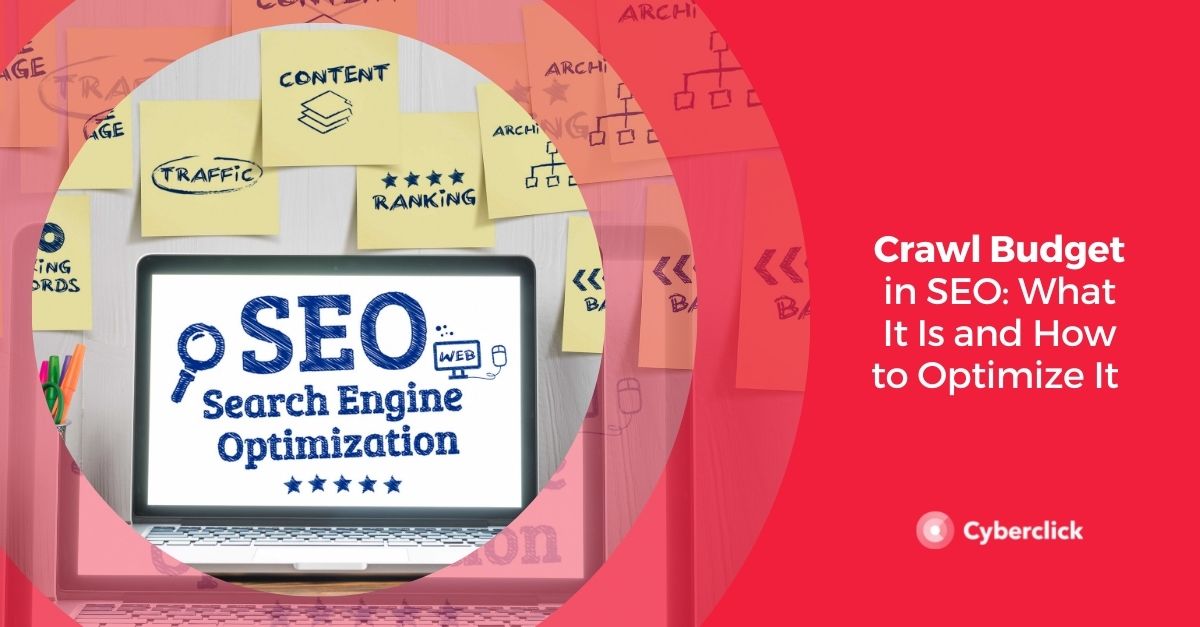Google is the undisputed leader in online search, and its goal is to provide even better service to users. To do this, the algorithm that determines what content appears on the search results page (SERP) and keeps changing and evolving to offer better answers. Let's talk about the latest development in SEO, Google BERT, and how it can help your inbound marketing strategy.

What Is BERT and How Does It Work in Google’s Algorithms?
BERT is the latest addition to Google's search algorithm and is the biggest change in this field in the last five years. It is a solution that incorporates new algorithms based on artificial intelligence.
BERT stands for "Bidirectional Encoder Representation from Transformers."
-
Bidirectional refers to the fact that BERT analyzes search phrases in both directions. It considers the words to the left and right of each keyword. Thus, it can relate all words in a query to each other, rather than considering them individually.
-
Transformer refers to an assignment system that helps you understand words like pronouns, and prepositions. As you will see in the example below, these words can play a crucial role in interpreting the meaning of a search.
By applying this artificial intelligence and meaning assignment algorithms, BERT is able to understand the intention behind a natural language query–meaning, it can understand the way humans express themselves.
It should be noted that BERT is not intended to replace Google's current algorithm (RankBrain), but is an add-on to better understand user queries. Therefore, RankBrain, which generates search result lists based on user behavior data, remains in effect.
How Does BERT Affect Google SERPS or Searches?
In the end, BERT is simply one more step towards Google fulfilling its mission of quickly giving users the exact answers they need. To do this, Google needs its algorithms to be able to understand both page content and user queries.
It is estimated that BERT affects approximately 1 in 10 searches performed. The main difference is that now it is not so much the individual keywords that are taken into account, but the overall intent of the search.
To illustrate how BERT works, Google uses the search "Brazilian tourist to U.S. needs a visa" as an example. Previously, Google ignored the preposition "a" in this search, so it ended up interpreting that it could be a U.S. person who wanted to travel to Brazil.
With BERT, however, the search engine is able to correctly interpret the meaning of the preposition "a" and know that the person doing the search is most likely a Brazilian tourist. Therefore, the results it displays are oriented to a person from Brazil who wants to travel to the United States.
Although not directly related, it is also interesting to think about what role BERT is going to play in zero-click searches, one of Google's major developments in recent years.
For many queries, the SERP displays a featured snippet that attempts to answer the user's query directly on the search results page. As BERT refines its understanding of queries, these snippets will be better selected and the percentage of zero-click searches will increase.
How to Improve Your SEO With Bert in Mind
As Google gets better and better at interpreting user queries and website content, traditional SEO techniques are becoming increasingly outdated. Rather than "doing SEO," Google is looking for webmasters to focus on improving user experience and content quality. Here are some of the things to keep in mind to optimize your website.
-
Keywords are becoming less important. Traditionally, SEO was very focused on literally selecting and repeating keywords, but this no longer works. BERT is a step further towards the "humanization" of content. Rather than worrying about entering exact keywords, you need to seek to create content that correctly responds to users' concerns.
-
Google BERT benefits searches that are more ambiguous and long-tail. The idea of BERT is to be able to correctly interpret all the elements of a search query in context. Therefore, it is now able to understand ambiguous queries that previously yielded irrelevant results.
-
The focus shifts from extension to quality. Another SEO technique that is becoming outdated is writing very long articles, often over 5,000 words. In some cases, if you want to cover a topic in-depth, this length may be necessary. However, BERT is no longer focused on the number of words, but on the quality of the content to answer users' queries. Therefore, the length should match the content and not the other way around. If the user asks a specific question, you must provide a concise answer.
-
Voice searches are becoming increasingly important. Voice searches have been trending in SEO for years, thanks to the popularization of virtual assistants. With BERT, Google is able to understand these searches, which tend to be more natural and conversational than text searches. Therefore, it's a good time to review your website's optimization for voice searches.
-
Optimize for position zero. As seen in recent years, zero-click searches are becoming increasingly important, so you need to be prepared to provide structured data and optimized content to appear in the featured snippet.
Data Scientist en Cyberclick. PhD en Astrofísica por la Universitat de Barcelona con más de diez años de experiencia en investigación mediante el análisis e interpretación de datos. En 2019 redirige su carrera profesional hacia el mundo del Data Science cursando el Postgrado en Data Science y Big Data de la UB, así como participando en el programa Science To Data Science (S2DS) en Londres. Actualmente forma parte del equipo de Data Science y SEM de Cyberclick.
Data Scientist at Cyberclick. PhD in Astrophysics from the University of Barcelona with more than ten years of research experience through data analysis and interpretation. In 2019 he redirected his professional career to the world of Data Science by graduating in Data Science and Big Data from the UB, as well as participating in the Science To Data Science (S2DS) program in London. He is currently part of Cyberclick's Data Science and SEM team.






Leave your comment and join the conversation